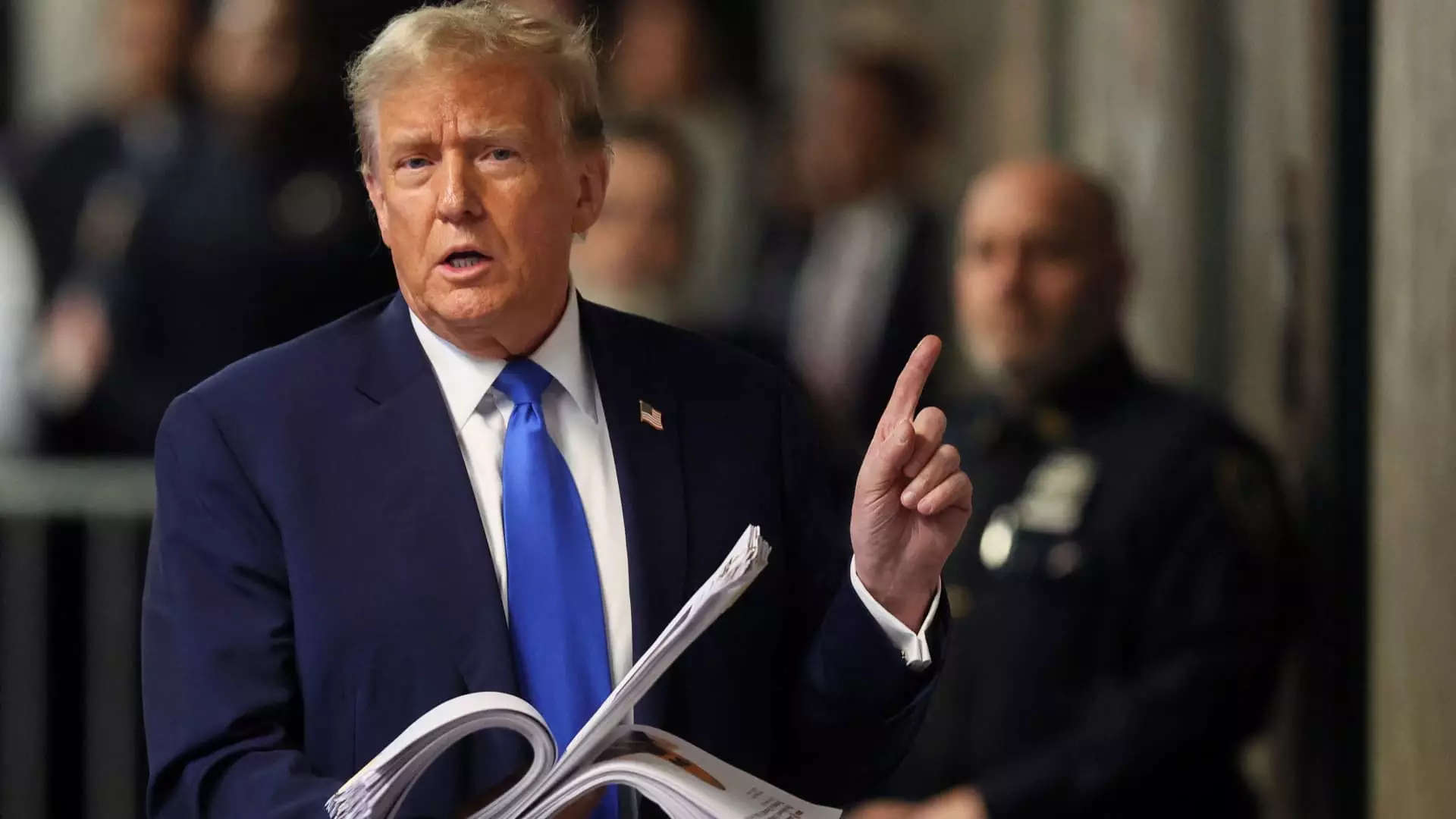The jury selection process in former President Donald Trump’s hush money trial in New York was a meticulous and time-consuming procedure. The prosecution and defense teams had to interrogate a pool of nearly 200 individuals to select 12 jurors and an alternate who would be able to render a fair and impartial verdict. The selected jurors came from diverse backgrounds and had varying interests and sources of news consumption.
The Jurors
Juror 1, a man living in West Harlem who works in sales, appears to have a well-rounded lifestyle with a penchant for outdoor activities. He consumes news from a mix of sources including The New York Times, Fox News, and MSNBC, indicating a wide range of perspectives on current events.
Juror 2, a man from an investment banking background, seems to be active on social media, following both Twitter and Truth Social posts from Trump. Despite this, he claims to have no beliefs that would impede his ability to be fair and impartial, showcasing a level of self-awareness.
Juror 3, a young attorney residing in Chelsea, also leads an active lifestyle, balancing work with hobbies such as hiking and running. His news sources include reputable outlets like The New York Times and The Wall Street Journal, reflecting a commitment to staying informed.
Juror 4, a security engineer with an interest in woodworking and metalworking, adds a unique perspective to the jury panel. His practical hobbies and technical background may influence how he analyzes evidence presented in the trial.
The Trial Process
The trial, expected to last up to eight weeks, will test the jurors’ ability to remain impartial and attentive throughout the proceedings. With such a diverse group of individuals with varying interests and backgrounds, it will be interesting to see how they deliberate and reach a verdict.
Overall, the jury selection process in Trump’s trial has resulted in a panel of individuals with unique traits and perspectives. Their ability to set aside personal biases and evaluate the evidence presented will be crucial in determining the outcome of the trial. It is essential for the justice system to ensure that a fair and impartial jury is in place to uphold the principles of a just trial.

Leave a Reply